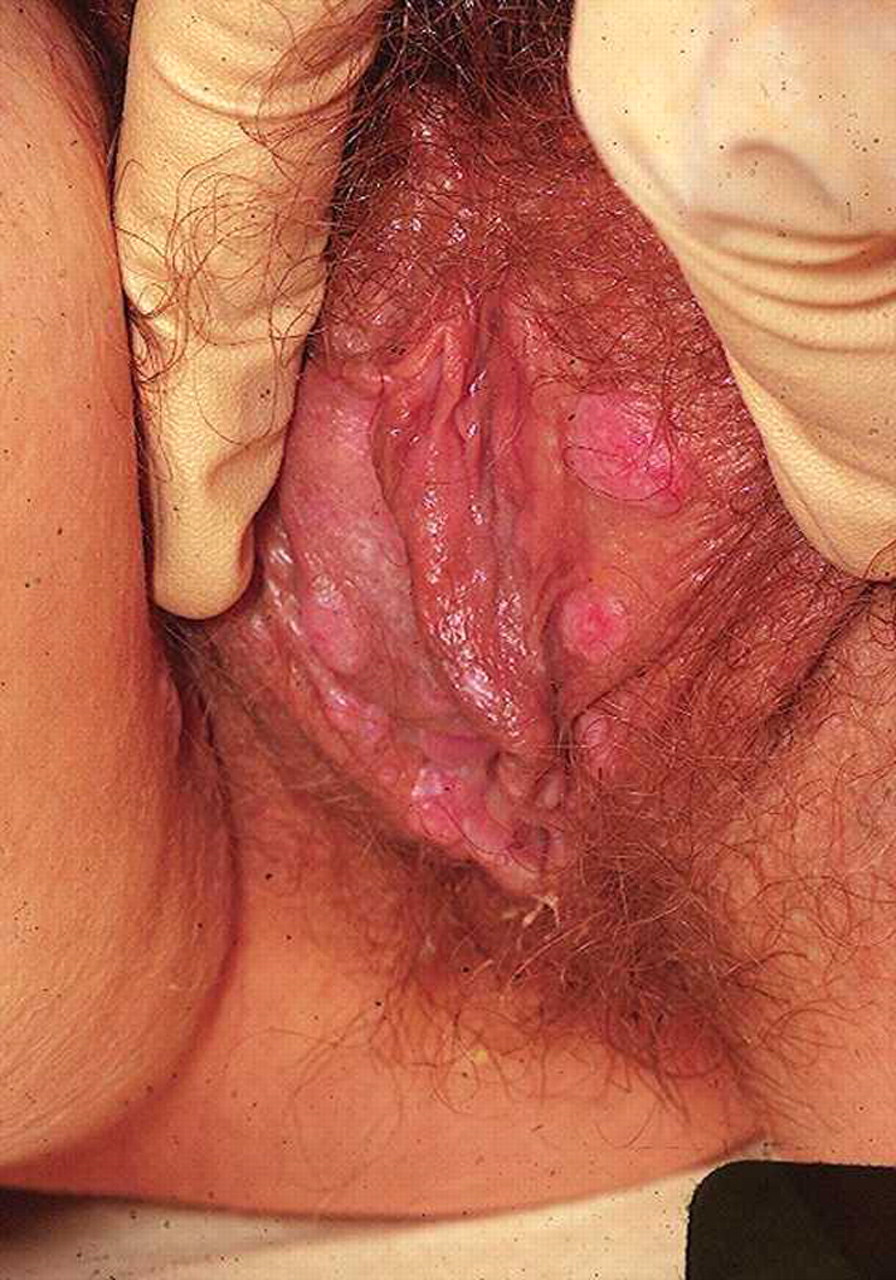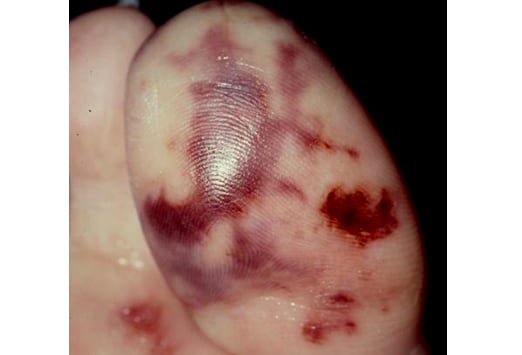Sneaky Syphilis
People contract this bacterial STI through either: anal, oral or vaginal sex. Syphilis is a bacterial infection. This means that it is curable through medical treatment; with that being said, it can go away, but not forever. You can get syphilis once and you can get it again.
The symptoms of primary syphilis start off with a sore called a “chancre” sore, which appears on the genitals, mouth or rectal area. This sore is described to be like a button: hard-ish and about ½ inch wide. It’s not tender to the touch, either, nor does it hurt. Along with the chancre sores, swelling of the groin lymph nodes can be apparent. Signs of secondary syphilis start to come around days, maybe even weeks after the sores go away, and when the bacteria has spread throughout the entire body. Most people say they get the feeling of being sick: Headaches, achiness, loss of appetite and a rash. The rash is usually a reddish-brown color, widespread on the body, doesn’t itch and can last forma few weeks to a few months. Having flu like symptoms are common; thus the nickname of syphilis being “The Great Imitator”. Symptoms of latent syphilis start to show up after the secondary stages disappear. The symptoms of latent syphilis can last up to 50 years! There are no true symptoms to the latent stage of syphilis, yet at the same time, an infected person may be contagious. This can be determined through a blood test. Tertiary syphilis—the last stage—effects about 1/3 of untreated people. This is when organs and the body become severely affected. Signs include: Fever, nausea, liver disease, bone pain, painful non-healing skin ulcers, anemia and heart disease. The nervous system can also be heavily affected by deterioration, resulting in loss of mental function.
The incubation time—or time it takes to show any symptoms—of syphilis is anywhere from 10 to 90 days.
If you think you might have syphilis, tell someone! Go to a doctor and get tested. Syphilis is easy to treat if caught early. If it goes untreated, it will carry on into the later stages, like secondary, and latent syphilis resulting in organ deterioration and mental damage.
A pregnant woman who is a carrier of syphilis can pass the STI to her baby through pregnancy or birth. Untreated syphilis can cause a bad outcome on a baby, so if you’re pregnant and think or you do have syphilis, GET TESTED. It’s the best thing you can do for you and your child. If you are pregnant and you do come out positive for syphilis, you will immediately get treated with penicillin. While penicillin will eliminate passing the disease to the baby, if you get treatment after the 2nd half of pregnancy, it will not stop the possibility of pre-mature labor or fetal distress. Syphilis in a pregnant woman can cause: stillborns, death of a newborn, miscarriages and premature births. Some babies who are born have symptoms that include: anemia, jaundice (or yellowing of the skin and or eyes), rashes, fever, seizures, developmental delay, swollen liver or spleen and death.
The treatment of syphilis for someone who has had it for a year or less includes: a penicillin injection or an antibiotic. *know that there are NO home remedies to cure any stage of syphilis. Treatment for syphilis will prevent any more damage, but it cannot fix the damage that had already been done.
The most effective way of preventing syphilis is sexual abstinence. If one choses to be sexually active one would want to use condoms correctly and every time they chose to have oral, anal or vaginal sex, or use a dental dam for oral sex.
Images of Syphilis:

Infected Penis with Chancre sore.

Vagina infected with syphilis.
Post By: Ivis Buckingham























 Vagina infected with syphilis.
Vagina infected with syphilis. 